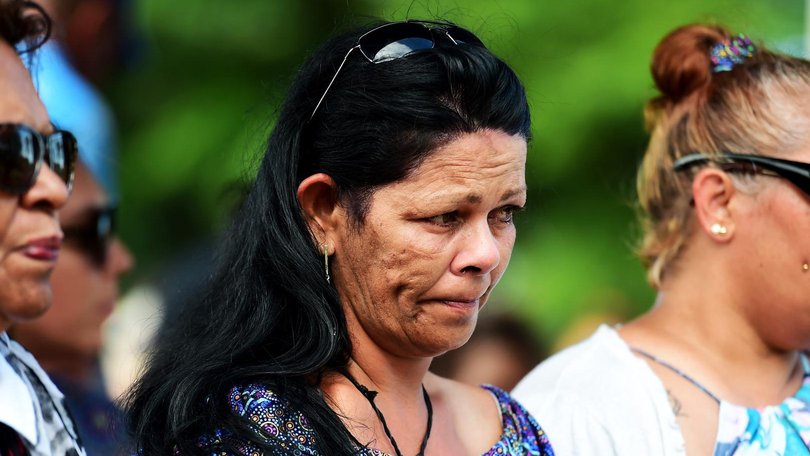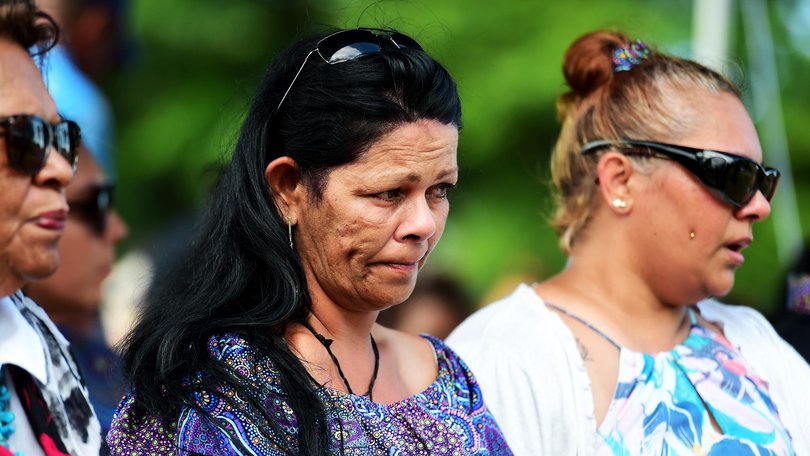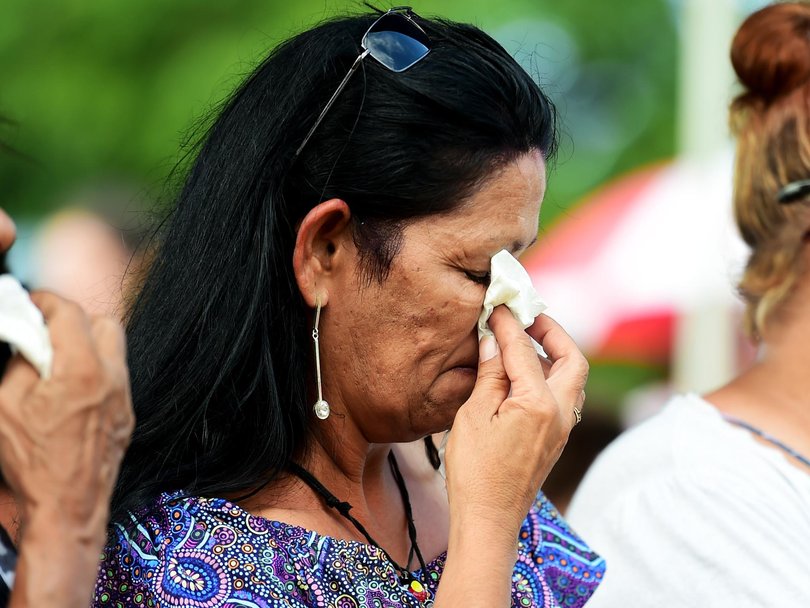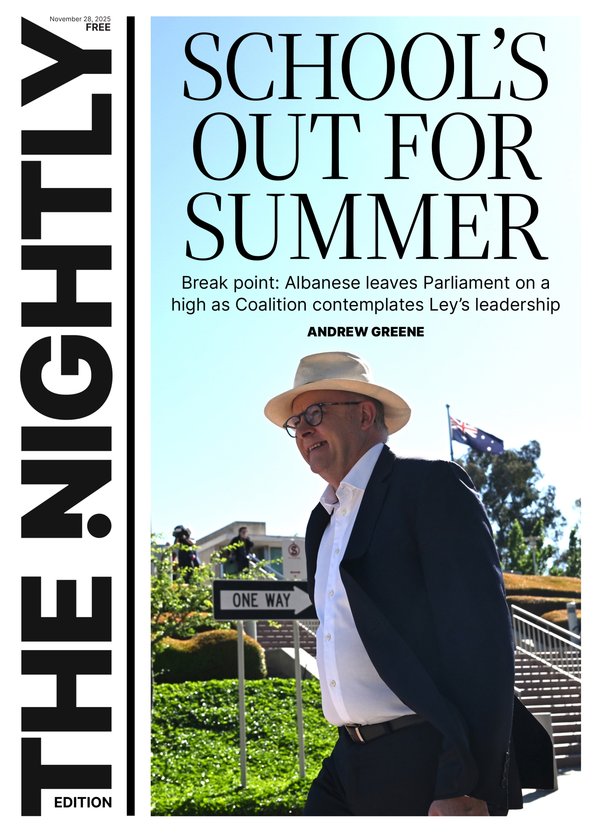Leeanne Chrysilla Eatts secures retrial, convictions quashed over sons’ drowning deaths in Qld river

WARNING: Aboriginal and Torres Strait Islander readers are advised this story contains images of people who have died.
A woman found guilty of the manslaughter of her two children after they drowned in a river has had her convictions quashed by the Court of Appeal and secured a new trial.
Leeanne Chrysilla Eatts was jailed for eight years after a jury found her guilty of the manslaughter of her sons, five-year-old Barak Brian Austral and three-year-old Jhulio Maximus Arturo Sariago, in 2019.
Sign up to The Nightly's newsletters.
Get the first look at the digital newspaper, curated daily stories and breaking headlines delivered to your inbox.
By continuing you agree to our Terms and Privacy Policy.Both boys drowned in the Ross River in Townsville, in Far North Queensland, after wandering off from their backyard on February 25 that year.


Ms Eatts was found guilty for failing to supervise her children adequately, as opposed to any action she had taken to cause their deaths.
On Friday, Queensland’s Court of Appeal allowed the appeal against her conviction, quashing her convictions.
A retrial was ordered on both counts of manslaughter.
In their decision, the Court of Appeal justices said the Crown relied on a phone call between Ms Eatts and the father of Barak, recorded by police on March 18, 2019.
The call was played to the jury during Ms Eatts’ trial.
“The Crown sought to rely on the contents of that conversation, to support an assertion that … (Ms Eatts) believed that the children were in the backyard,” the judgment states.
The Crown contended this call contradicted statements Ms Eatts allegedly made in February that she thought her children went to another person’s home.

In their judgment, the Court of Appeal justices said the part of the call played to the jury was “highly charged and (an) emotional conversation”.
Barak’s father is allegedly heard accusing the mother of negligently causing the death of his child and suggesting Ms Eatts “take responsibility” for it.
Ms Eatts’ legal team argued the trial judge erred in admitting the portion of the conversation.
The justices found this was “plainly correct”.
“It was not probative to any issue in dispute,” the judgment states.
“But even if it had been, the prejudicial effect of the evidence far exceeded its probative value and it should have been excluded on that basis.”
Ms Eatts’ statements in the call were in response to a “hostile and accusatorial conversation” with Barak’s father, the judgment continues.
The justices also found the conversation contained a false assertion that the property’s gate was open – despite no suggestion in evidence that “the gate on the day in question was in any position other than closed”.
The admission of the conversation in evidence gave rise to a “miscarriage of justice”.
